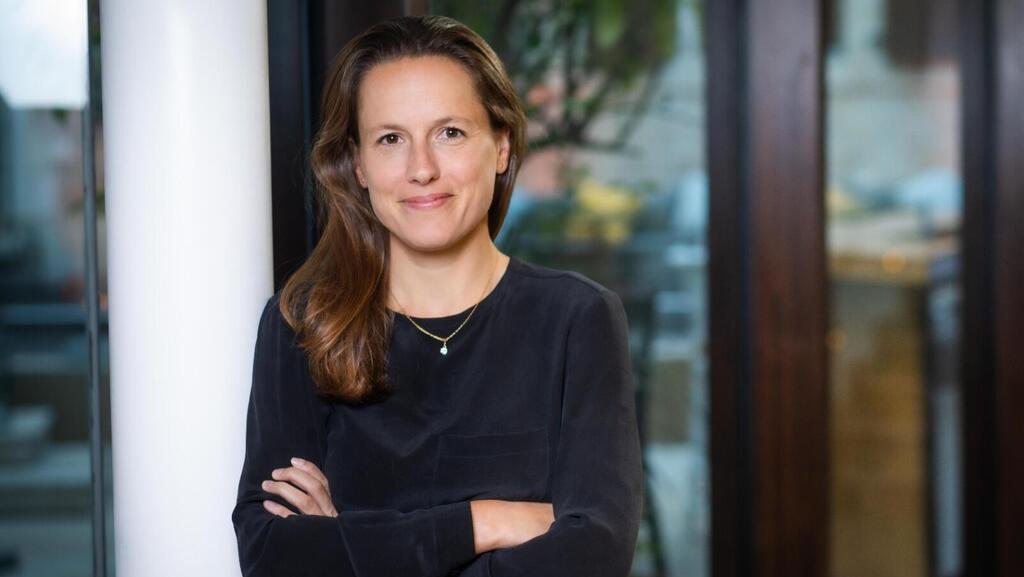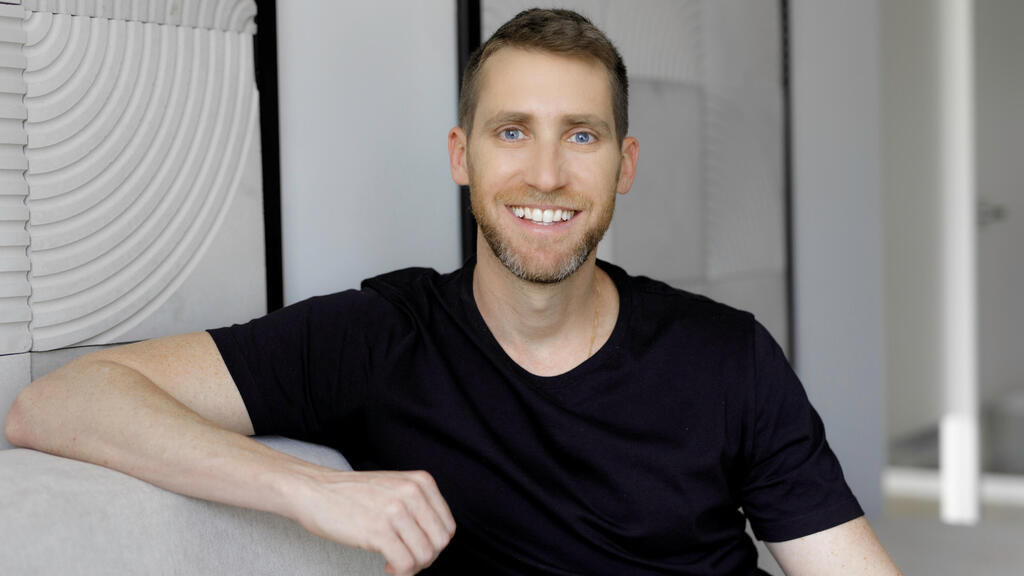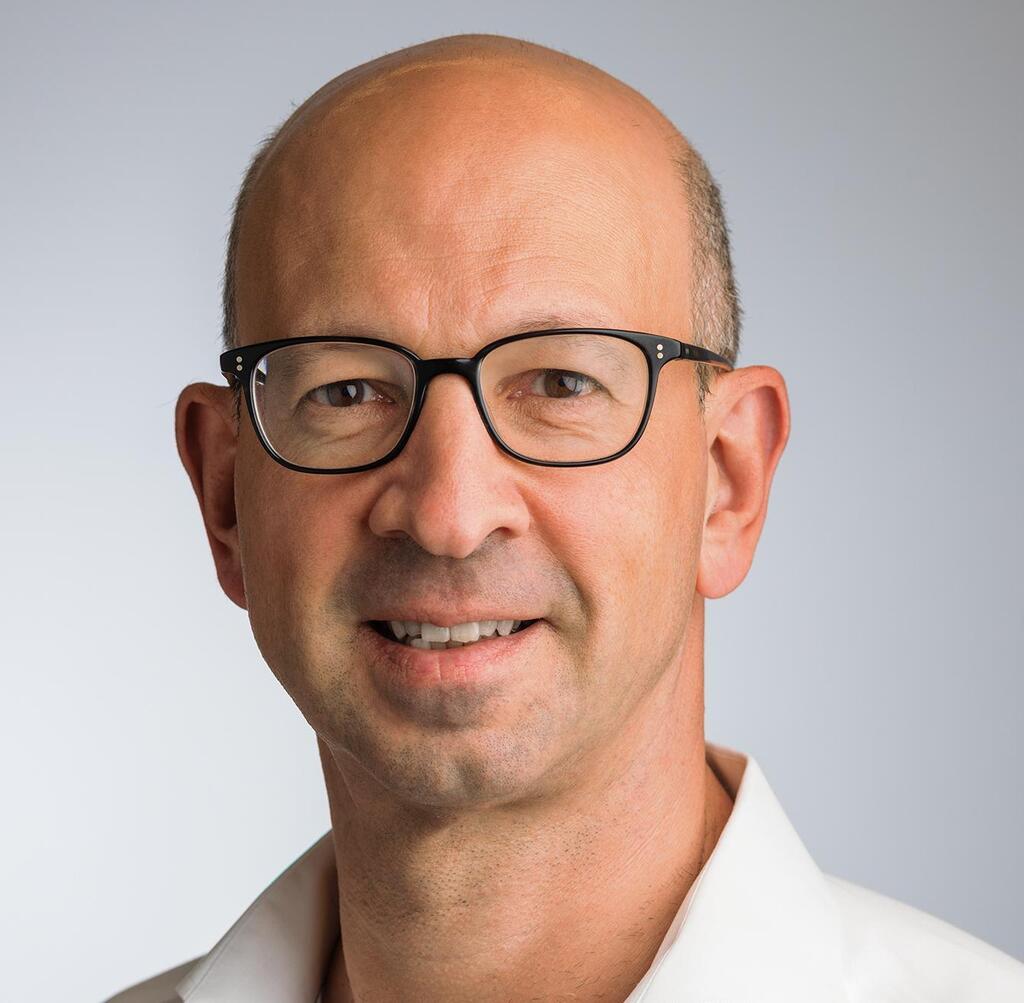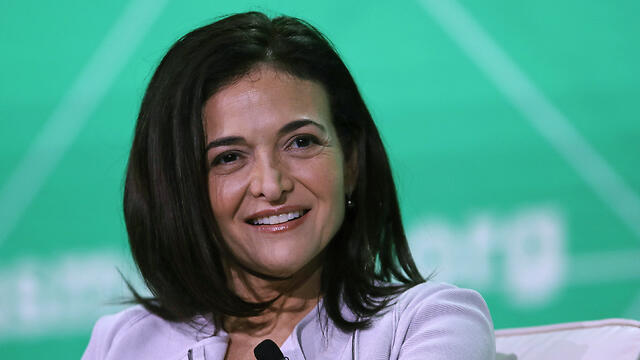What’s the best way to strike up a smooth conversation with an executive who’s a McKinsey alum? Ask them about their MBTI type. It’s a subtle wink to those in the know and, chances are, it’ll instantly spark a smile of recognition. Their four-letter answer offers a quick read on their management style: are they extroverted or introverted, sensing or intuitive, thinking or feeling, judging or perceiving?
“Sometimes, when you meet someone who came out of McKinsey and you remember your MBTI type, a shared language emerges,” says Shira Eting, a reserve combat helicopter pilot and a leading figure in climate-tech and health at the venture capital firm Vintage Investment Partners. Early in her career, she worked as a strategy consultant at McKinsey, a formative stop on her path, as it was for many executives in Israel.
Another McKinsey alum is Assaf Rappaport, best known as the co-founder and CEO of Wiz, which was acquired by Google for $32 billion. A successful serial entrepreneur and former head of Microsoft Israel R&D, Rappaport recalls: “I joined McKinsey straight out of the army, with a strong tech toolkit but little understanding of the private sector and the forces that drive it,” he says. “Very quickly, I realized it was the best possible business school - one that exposes you, right from the start, to the issues and challenges occupying the minds of top CEOs. I worked on projects in Australia and saw firsthand how global companies operate. A few years later, that experience enabled my partners and me to found companies like Adallom and Wiz on our own.”
A breeding ground for unicorn companies
McKinsey is one of many strategic consulting firms operating in Israel, but these days, it has a particular reason to celebrate: the firm is marking its 100th anniversary, and its Israeli office is turning 25. It's a fitting moment to take a closer look at a company that recruits the brightest graduates it can find, puts them through an intense, fast-paced training track, offers their services for two or three years and then parts ways with them when they receive more lucrative job offers elsewhere.
Today, McKinsey proudly showcases its most high-profile alumni, those who joined the firm as young, uncertain professionals and now serve as living proof of how this economic system operates with precision and efficiency. Alongside Eting and Rappaport, the list includes Tomer Barel, president of Melio, which was just acquired for $2.5 billion and a former vice president at Facebook; Assaf Sagy, until recently a global vice president at TikTok; Allon Bloch, former CEO of Wix; Richard Hunter, who served as CEO of McCann Israel and is now a managing partner at Green Lantern; and Barak Melnik, country manager of Visa Israel, among many others.
4 View gallery


Shira Eting, reserve combat helicopter pilot and a leading figure in climate-tech and health at the venture capital firm Vintage Investment
(Photo: Eric Sultan)
It is interesting to note how many McKinsey alumni go on to build careers in high-tech, with quite a few, like Rappaport, going on to found unicorn companies. Among them are Assaf Wand, co-founder of Hippo; Allon Bloch, who founded K-Health and previously served as CEO of both Wix and Vroom; and Roman Itskovich, founder of At-Bay. Since McKinsey Israel was established, roughly 200 Israelis have passed through its ranks and more than 20 of them have gone on to become founders and CEOs of prominent tech companies. Eight of those have led unicorns or companies publicly traded on the New York Stock Exchange.
Among McKinsey’s most prominent global alumni are Sundar Pichai, CEO of Google; Sheryl Sandberg, former COO of Facebook; Sir Ronald Cohen, founder of Apax Partners; Louis Gerstner, former CEO of IBM; Jørgen Vig Knudstorp, former CEO of LEGO; Pamela Thomas-Graham, former CEO of CNBC; Tony Xu, founder and CEO of DoorDash, and many more.
'We want people to move on and succeed'
How does it work? Candidates, typically recent BA graduates, go through a rigorous selection process. And once accepted, they quickly realize that the hard part is only beginning. “You start in a very analytical role. You spend a lot of time in Excel, working with numbers and facts,” says David Chinn, managing partner of McKinsey Israel. “Later, you move on to managing projects. Then you begin managing relationships, both interpersonal and inter-organizational. And at some point, you also have to learn how to bring in projects yourself, in other words, how to sell.”
After two years of such intensive training, an employee comes in and announces they received a better job offer. How do you respond to that?
“We see it as a positive and desirable process. Yes, our goal is to be a firm that knows how to recruit the best talent in the world, but we also recognize that the kind of work we do isn’t necessarily the long-term aspiration of that very same top talent. We don’t just encourage people to move on. We genuinely celebrate it. We want them to succeed. I have to say, very few people join McKinsey thinking, ‘This is where I want to retire.’”
This can be seen as part of a broader shift in the global job market. The era of employees staying in the same role for extended periods is fading, and switching jobs every few years has become increasingly common. Research shows that in 2024, the median tenure for employees in the U.S. dropped to just 3 years and 11 months - the lowest in the past two decades. Among younger workers, the average time spent in a role is even shorter, at just 2 years and 8 months.
According to a study by the Arlozorov Institute, 33% of Israeli workers are interested in switching jobs; 1.5 times higher than in 2016. The trend becomes more pronounced as education levels rise: the more educated the worker, the more likely they are to change jobs. Globally, about 20% of employees say they want to leave their current role. This growing restlessness is taking a toll on employers. More than half of organizations worldwide report difficulty retaining their top talent. According to a 2023 survey by Willis Towers Watson (WTW), U.S. companies spent $900 million last year replacing employees who resigned.
'I’ve been approached by employers specifically looking for McKinsey alumni'
In this climate, global consulting firms are undoubtedly benefiting. They snap up the most talented graduates coming out of universities, offering them a highly attractive value proposition: a short stint in the workforce, roles that connect them directly with top decision-makers in the economy, competitive salaries, and enticing options that set them up for their next big opportunity. A 2023 study by fintech platform OnDeck analyzed 228,000 LinkedIn profiles of senior business executives. It found that the three companies that produced the highest number of successful startup founders were the global consulting firms Bain, McKinsey and Oliver Wyman.
Do you think that when companies see McKinsey on a CV, it encourages them to hire the candidate?
Chinn: “We’re known for being extremely rigorous in our recruitment process, so - much like a top university - anyone who made it into McKinsey likely cleared a very high bar. The second point is that we invest heavily in training our people, so employers know they’re getting someone with strong analytical skills, communication abilities, strategic thinking, experience working with senior executives and, overall, someone who has excelled in a demanding professional environment.”
Eting: “The experience itself is valuable because you genuinely gain strong tools - solid training in how to approach and structure a problem, how to tell a compelling story, how to build financial models in Excel, and how to conduct interviews. It gives you a skill set that’s highly relevant across sectors - private, public, and nonprofit alike. People know that McKinsey is a great training ground, and that it conducts a very selective screening process. A lot of the job offers I received came from employers who proactively sought out McKinsey alumni.”
'A fairly clear and consistent set of values'
Tomer Barel’s career path may have begun with his service in the IDF’s elite Unit 8200, but it was shaped in part by a two-year stint at McKinsey. From there, he spent nine years in various roles at PayPal, eventually joining the company’s senior leadership team. He then moved on to a senior global role at Meta before joining Melio.
“I joined McKinsey right after completing my MBA and, for me, it was part of the transition from the military world I came from into the business world,” says Barel. “McKinsey is a place where you learn an incredible amount, and at a very intense pace, both about how the business world operates and about your own ability to quickly absorb new knowledge. I think it also teaches you what your true work capacity is. There are very few places where people work as hard as they do at McKinsey.”
Where do you feel it contributed to you personally?
“Through the clients, you're exposed to a wide range of management styles. I worked on projects both in Israel across various industries and abroad. You get to see truly top-tier executives, very senior people, and observe how they handle tough questions, difficult dilemmas, and how they react when confronted with the unvarnished truth for the first time. In that sense, it really makes you think, and it shapes you. You start building a personal reference point - who you want to become, and who you don’t. For me, it was a very formative period.”
At times, McKinsey alumni might be mistaken for members of an exclusive business club, all cocktail parties and secret handshakes. But that’s not quite the case. “We make a real effort to stay in touch and create opportunities for alumni to connect with one another,” says Chinn. “Almost every McKinsey office around the world hosts a gathering twice a year, inviting all alumni living in that country. There’s also a global alumni directory, so anyone can reach out to anyone else. What’s nice is that there’s a fairly clear and consistent set of values shared worldwide. It means that when you meet someone who spent a few years at McKinsey, there’s an almost instant shared language.”
Get the Ynetnews app on your smartphone: Google Play: https://bit.ly/4eJ37pE | Apple App Store: https://bit.ly/3ZL7iNv
Eting adds: “It’s like being part of an alumni community from the Air Force or a university. When I meet someone who came out of McKinsey, I know they’ve had experiences similar to mine so I can talk to them about it. I can speak the language of roles and titles, ask what kind of projects they worked on, who they worked with and in what capacity. These are things people on the outside wouldn’t necessarily relate to.”
“You can sometimes spot McKinsey alumni just by the way they write,” says Barel. “There’s a specific method for structuring a slide, for example and when I see someone use it, it’s immediately clear to me where they picked it up. What really defines McKinsey, and the consulting discipline more broadly, is the ability to look at data and quickly extract insights. That’s probably the most important skill and also the most important part of the interview process. When you see someone do that in a meeting, someone you’ve never met before, it instantly points you in that direction.”





